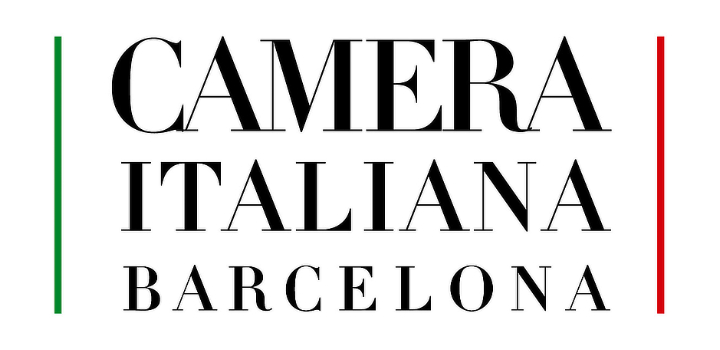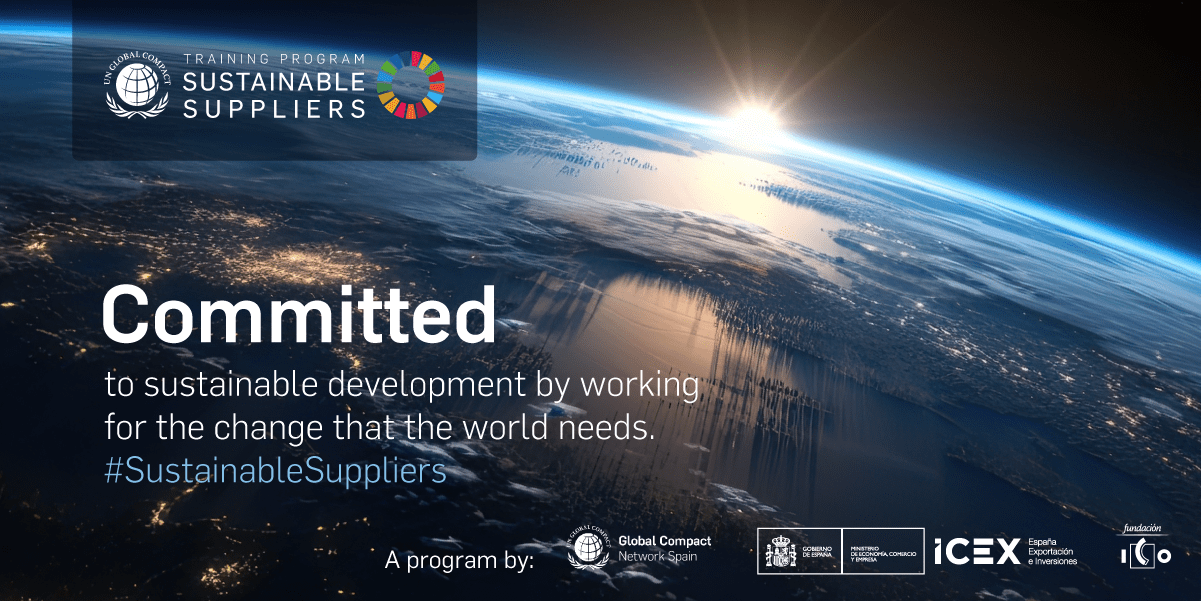In 2013 we were the first translation agency to use the digital signature. In 2022 we have raised the bar even higher by integrating the blockchain certification free of charge into our service portfolio.
Despite its name and to avoid any misunderstanding, the blockchain certification is not related to the notarial field, so, as good translators, it would be more appropriate to speak about it as “endorsement” or “authentication”. However, commercial use leads us to adapt terminology specific to the sector.
Blockchain technology is making its way into Spanish courtrooms due to its reliability in evidence validation.
The first time that the Supreme Court accepted blockchain as an evidential element of a trial was during the 326/2019 sentencing, on 20 June, the reporting judge being the magistrate Pablo Llarena, of the criminal court.
Spain still doesn’t have relevant case law over the use of blockchain for judicial proceedings, where an expert should determine the accuracy of a hash code related to an encrypted document. However, this cryptographic aspect is currently constituted as an expert evidence, stated as such in articles 335 and after of the Civil Procedure Act.
The term “certification” refers to the recording of a transaction on blockchain whose object is an identified item, marked by its unmistakable hash code. From the translated document, we create the hash, which uniquely identifies the data.
In doing this, we are able to guarantee that the immutability and timestamp of the recorded transaction on blockchain are also transferred to the digital fingerprint, which in turn, makes it possible to prove at any time that the document existed and what its status was on the date of recording.
This way, translations become immutable, allowing proof of a date and authorship and, therefore, can be shared securely with third parties.
With blockchain certification we want to provide our clients with transparency and incorruptibility regarding their data, as well as being able to obtain a proof of authorship and attest not only the sender, but the content of the document too, thus certifying its authenticity.
For companies, on blockchain we certify translations of commercial contracts, meeting records, evidence of data existence, compliance with the GDPR, signed budgets and contributions, letters of intent for employees, pre-contractual agreements, agreements with other companies, private agreements, confidentiality agreements and powers of attorney for which the written form is sufficient.
A hybrid between simple translation and sworn translation that we want to offer to our clients, free of charge. Our blockchain certified translations allow us to take our clients to a more advanced and secure level, as well as providing them with the latest available technology.
For students and researchers: projects, dissertations, reports, research projects, publications, computer code, articles and texts, photos and videos, proofs, etc.
For intellectual property: licenses, assignments of decree, musical texts and scores, literary texts, logos and trademarks, meeting records, approval of annual accounts, articles, etc.
For lawyers and accountants: general and special powers of attorney in written form, fiscal documentation, annual accounts, commercial contracts, shareholder agreements, shareholders’ meeting records, fiscal court documents, deferral agreements, agreements between individuals, holographic wills, expert and technical reports, compliance with the GDPR, signed budgets and contributions, letters of intent, pre-contractual agreements, proposals for the purchasing of goods, private deeds, etc.
Whatever your company, don’t hesitate to get in contact with us for more information about adding value to your translated documents.





